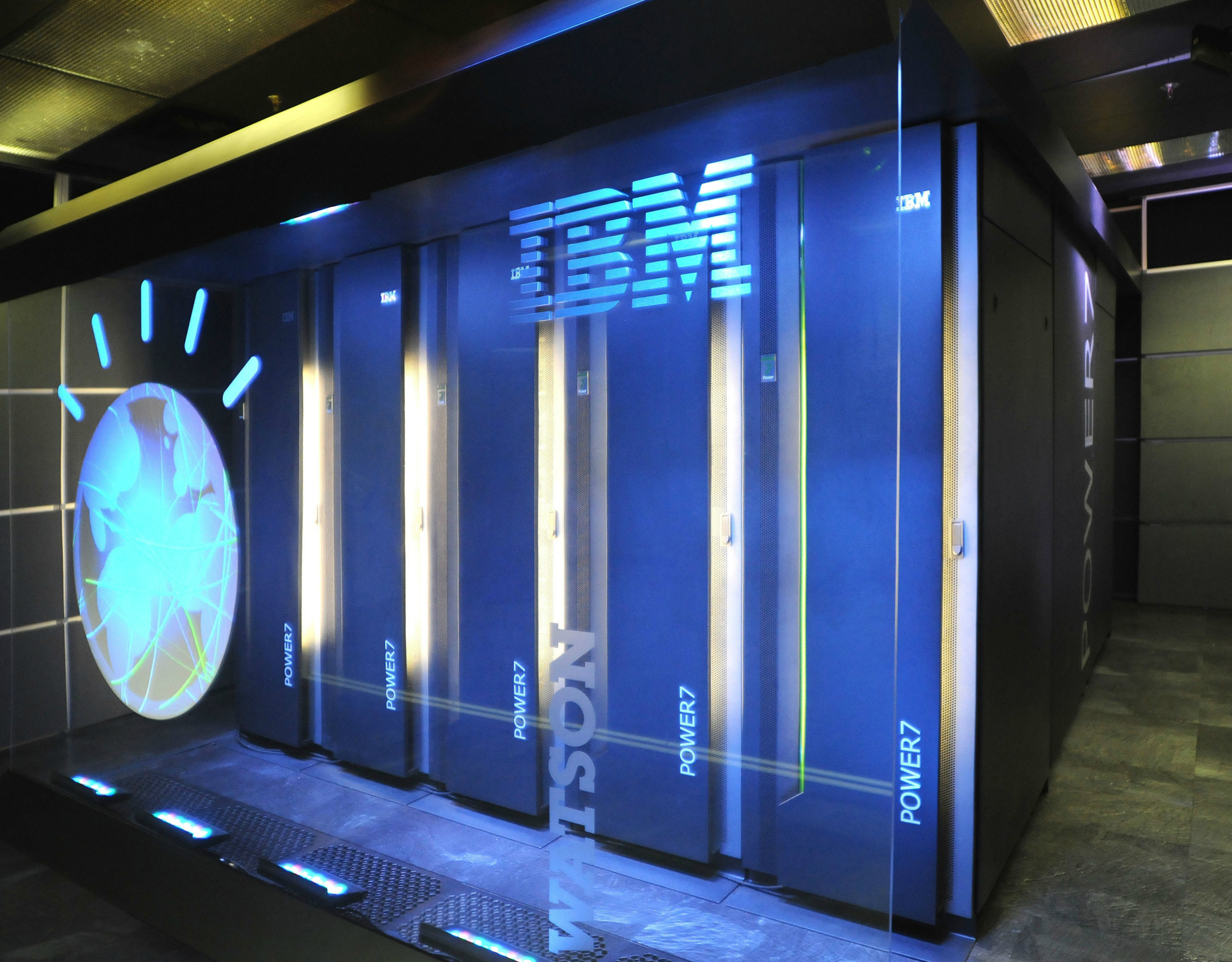Studies show IBM Watson reaches mostly same cancer decisions as doctors

IBM has unveiled new data for its Watson AI which shows the software to be in agreement with doctor's recommendations up to 96% of the time.
Unveiled at this year's American Society of Clinical Oncology (ASCO) Annual Meeting, Watson for Oncology agreed with doctor treatment decisions in the majority of instances in three studies.
The data fits in with IBM's ambitions for Watson - to have a platform that helps clinicians make decisions faster, helping them to screen more patients than they would currently be able to do alone.
However, the studies don't suggest the technology can actually improve decision-making - which means its full value has yet to be proven.
The AI examines massive amounts of medical literature to identify patterns that coincide with patient data. This then leads to a treatment recommendation.
The first study carried out at the Manipal Comprehensive Cancer Centre in Bangalore, India, looked at Watson's concordance with a multi-disciplinary tumour board used for lung, colon and rectal cancer cases. The AI achieved a concordance rate of 96% for lung, 81% for colon and 93% for rectal cancer.
The second study compared Watson's recommendations to those made by oncologists at Bumrungrad International Hospital in Bangkok, Thailand - this time across multiple cancer types. Its concordance rate was 83%.
The third concordance study compared Watson's decisions for high-risk colon cancer to a tumour board from Gachon University Gil Medical Centre in Incheon, South Korea. Its concordance rate in terms of colon cancer decisions was 73%, however, it was only 43% in gastric cancer.
The company explained this was due to differences in treatment guidelines for the disease in South Korea, compared to where it was trained at Memorial Sloan Kettering.
In a separate study, Watson for Clinical Trial Matching was also tested. The feasibility study, supported by Highlands Oncology Group and Novartis, found the AI to cut the time required to screen patients for clinical trial by 78%.
Understanding how these findings impact care will take time as the company continues to strike up deals to roll out its product. Once a company or research institute adopts Watson, it can take months to both train the AI and see any results.
The issues formed the basis of the MD Anderson Cancer Center's decision to call time on its collaboration with IBM earlier this year.












